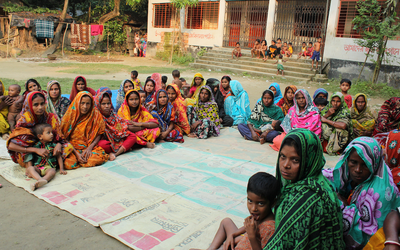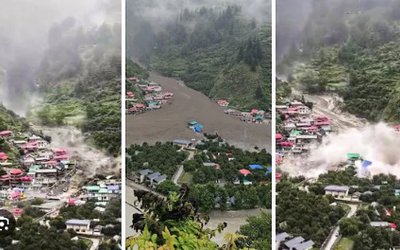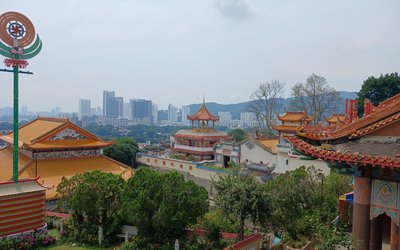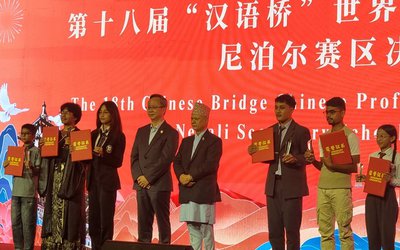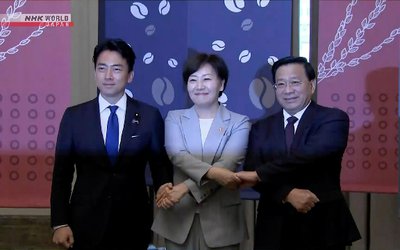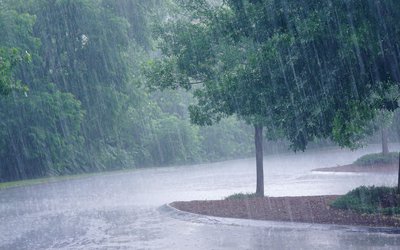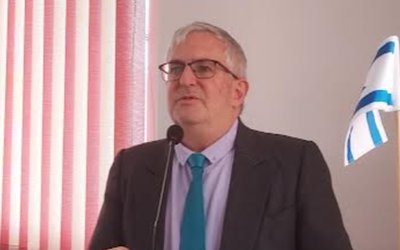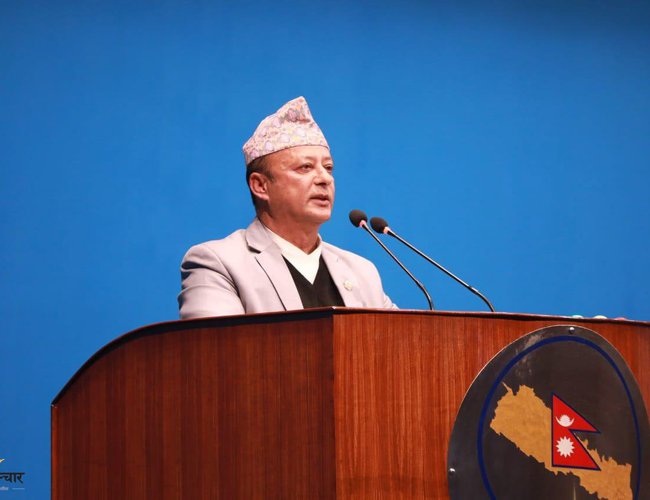
Energy Minister Deepak Khadka's one-year tenure prompts an evaluation of his performance and impact on Nepal's energy sector. The significance of every moment in a minister's term cannot be understated, as decisions made during this time can shape the country's future. The state provides various benefits and facilities to ensure officials work in the national interest, emphasizing the accountability and scrutiny they face from the public.
While it is easy to criticize the government as a whole for its shortcomings, the focus here is on Minister Khadka's individual actions and potential contributions. As a hydropower businessman, there were high hopes for his understanding of the sector's challenges and his ability to drive positive change. However, the reality of his tenure may have fallen short of expectations, leaving stakeholders in the hydropower industry disappointed.
Prior to Khadka's appointment, the hydropower sector was already grappling with numerous issues, and there was anticipation for improvements under his leadership. The private sector and government employees alike were eager for tangible progress and solutions to longstanding problems. The question remains: Did Minister Khadka live up to these expectations, or were there limitations beyond his control that hindered his effectiveness?
Expectations from the Private Sector
Khadka, who comes from the private sector and is involved in hydropower licensing, trading, and project development, was well acquainted with the challenges in the field and the behaviors of bureaucracy. He understood how policies and regulations had led to bottlenecks and was also aware of the impact of natural disasters on project developers. As a result, the private sector warmly welcomed him, believing that someone who truly comprehended their situation had arrived.
Every monsoon, floods and landslides wreak havoc on hydropower plants. IPPAN (Independent Power Producers' Association Nepal) frequently appealed for government assistance. During Khadka’s tenure, floods once again caused significant damage. However, the affected developers did not receive even the basic support they expected from the government.
These businesses were not asking for much – just refinancing options from the central bank, a two-year extension on their Required Commercial Operation Date (RCoD), royalty waivers, customs and tax exemptions on imported equipment, and extensions on licenses and PPAs during periods of production halt due to natural disasters. Many of these developers, who had already been affected by the 2022 floods, faced further challenges in 2023 and 2024. Khadka either did not take action or was unable to assist.
One of Nepal's ongoing issues in hydropower is the RCoD problem. In Power Purchase Agreements (PPAs), the RCoD is fixed, and projects face penalties if they fail to generate electricity by that date, often due to reasons beyond their control. Delays are frequently caused by bureaucratic hurdles such as delayed forest clearances, lack of transmission lines or substations, delays in importing explosives from India, land acquisition issues, customs delays, and more. These are institutional shortcomings, not the fault of the developers.
Delays continue to be a problem due to various factors such as floods, landslides, COVID-19, earthquakes, and blockades. Projects initiated by the Nepal Electricity Authority (NEA) have not been completed even after a decade. Developers face penalties and loss of annual rate escalations if they miss RCoD deadlines, leading to financial difficulties and project delays.
Developers had hoped that Khadka, who had firsthand experience with these challenges, would address flood-related and RCoD issues. However, he did not grant RCoD extensions, disappointing the private sector.
The NEA, the primary electricity buyer, ceased signing new Power Purchase Agreements (PPAs) in 2018, hindering the progress of hydropower projects. Despite being in power for 12 years, Maoist ministers failed to lift the PPA ban. When RPP Chairman Rajendra Lingden briefly served as Energy Minister, he successfully signed PPAs for 1,500 MW, demonstrating that it was possible with determination.
Khadka struggled to facilitate PPAs smoothly, offering conditional deals for 5,000 MW that were restrictive and similar to "take-and-pay" agreements. As a minister, he had the authority to extend RCoD deadlines and open PPAs without stringent conditions, but he did not utilize these powers. If he had focused on these key actions, his tenure could have been more impactful.
While issues like forest clearances, explosives, and concessional loans fall outside his ministry's jurisdiction, a competent and well-intentioned minister can still influence these areas by engaging with the Prime Minister and Finance Minister.
Why Did Khadka Fail to Deliver?
Initially, his primary focus was on protecting certain industrialists from settling overdue bills for dedicated and trunk electricity lines. Instead of supporting NEA's Managing Director Kulman Ghising in his efforts to recover these dues, Khadka spent his time trying to undermine Ghising by seeking excuses to discredit him, disrupt board meetings, and limit his authority.
Khadka appointed a secretary who shared his questionable motives. Despite Ghising's significant achievements in ending load-shedding, generating record profits, and reducing power loss, the secretary unjustly gave him a zero performance rating. While the public held Ghising in high regard, the ministry's leadership undermined his efforts. Former Secretary Gopal Sigdel, who refused to interfere with NEA, was transferred.
The collaboration between an ineffective minister and a problematic secretary led to a decline in the energy sector. Key projects were delayed, revenue from dedicated/trunk lines went uncollected, and NEA had to reconnect defaulters without receiving payment. Ghising was prematurely removed from his position, which the minister and secretary celebrated as their top "accomplishment."
During a parliamentary session, Khadka even went as far as to attribute the end of load-shedding not to Ghising but to India, causing embarrassment to the nation. Ironically, the same electricity import agreement with India that he criticized was later renewed at the same terms.
Dubious Dealings
Khadka manipulated bidding criteria for the 106 MW Jagadulla project multiple times to benefit a specific contractor, leading to the exclusion of qualified bidders and sparking allegations of corruption and irregularities. There were rumors of cheque exchanges at the ministry, but the contract remains unresolved.
He attempted to sell 51% shares of the state-funded Mugu Karnali and Kimathanka Arun projects through fraudulent tenders, sidestepping standard procedures and making sudden guideline changes. However, strong opposition from board members forced a reversal of this decision.
When his efforts in the hydropower sector faced obstacles, he shifted focus to solar energy. He eliminated the requirement for irrigation department approval before issuing solar licenses by amending the 2021 grid-connected solar guidelines, a move seen as a form of policy-level corruption. Despite reports of significant bribes, licenses were issued without any power purchase agreements (PPAs) being signed, leaving license holders in a precarious situation with their investments at stake. The NEA has been instructed not to sign solar PPAs from Baluwatar (PM’s residence), leading to a conflict between Khadka and NEA MD Hittendra Dev Shakya, despite Khadka previously praising him as Asia’s best engineer.
Administrative Instability
The ministry witnessed frequent transfers of deputy secretaries and rapid rotations of irrigation project heads, causing disruptions to projects like the Sunkoshi Marin national pride project. Competent officials were transferred arbitrarily.
Khadka belittled employees during review meetings, likening them to SLC students who fail despite studying all night. At NEA, he curtailed the MD's authority to transfer senior officials, resulting in the removal of the successful CEO of Tanahu Hydropower and the sidelining of Dudh Koshi's esteemed CEO Bimal Gurung.
Summary of Minister Khadka’s “Achievements”:
- Minister Khadka opened a separate office room as the board chairman of NEA.
- He appointed a new NEA MD, then clashed with him after initially praising him as Asia’s The Best engineer.
- Minister Khadka interfered in NEA's autonomy, which led to backlash from trade unions.
- He protected big industrial defaulters while punishing small consumers who delayed payments, presenting a distorted version of “socialism.”
Despite government policy encouraging private power producers, the ministry claimed ignorance of harmful provisions like “take-and-pay” PPAs in the budget.
Most private sector demands, including RCoD extensions, remained unresolved in committees. The proposed Electricity and Water Resources Acts are still stalled due to disputes. Minister Khadka took credit for the new electricity development roadmap, which was prepared under previous ministers with minor tweaks.
Even the 40 MW power trade with Bangladesh, initiated under previous governments, was claimed by Minister Khadka as his own success. Despite diplomatic ties with Bangladesh established in 1972, it took 51 years for real electricity trade to begin, which Khadka portrayed as his achievement.
Thapa is the editor of Jalsarokar.com specialized in water and hydropower . The article reproduced from the online and translated in English.

Bikash Thapa
Thapa is Kathmandu based journalist who regularly writes on water resources and energy sector. He has also written a book "Hydropower in Nepal"
- Irregularities in Hydro
- Aug 24, 2016
- Transmission Line Challenges
- Mar 23, 2013
- The Hydropower Export Dream
- Feb 23, 2013
- Storage Projects Will Solve Power Problem
- Jan 20, 2013

